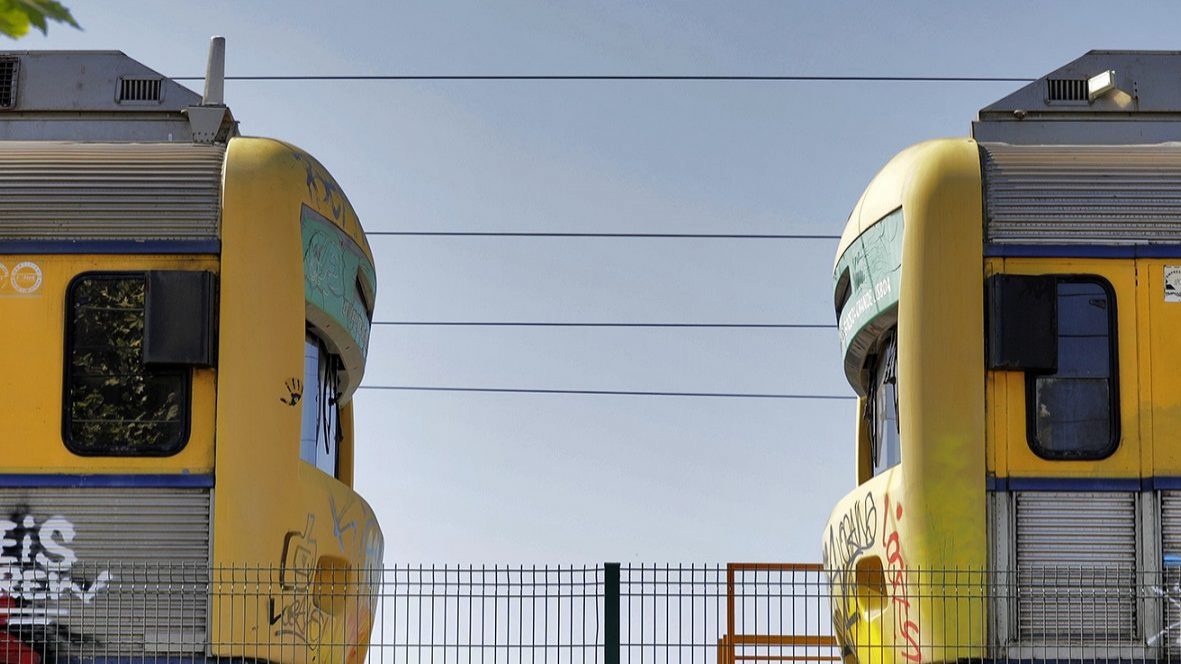EU funds can remove obstacles to Iberian rail links
The project of new connections between Lisbon and the Spanish cities of Coruña and Madrid was one of the 10 selected for community support by the European Commission.
The Spanish-Italian rail operator Iryo, which wants to connect Lisbon to Corunha and Madrid, has told Lusa that the now known support from Brussels can “alleviate the current obstacles” to connections, such as the need for new infrastructure.
Official source from Iryo thanked, in a position transmitted in response to questions from Lusa, “the support” of the European Commission to the connections, made public on Tuesday, considering it “very important to allow the viability of these services, alleviating the current obstacles”.
“Among these obstacles”, they assure, is “the need to draw up a joint project of infrastructure development that involves Spain and Portugal”, the same source mentioning that Iryo’s interest at this point is “its active participation in the Iberian Southwest Association”.
The project of new connections between Lisbon and the Spanish cities of Coruña and Madrid was one of the 10 selected for community support by the European Commission, within the framework of the action plan to boost cross-border passenger rail transport.
In ninth place of the table – without a specific date – comes the new high speed rail service between Lisbon and the city of Coruña, in Galicia, and the new connection between the Portuguese and Spanish capitals.
The project is by ILSA, the company that owns the Iryo brand, which is 55% owned by the Spanish airline Air Nostrum and 45% by the Italian railway company Trenitalia.
Iryo launched its high-speed rail services in Spain in November last year, operating between Madrid and Barcelona, adding a service to Valencia in December and is planning connections to Seville and Alicante for this year.
For Iryo, the Iberian cross-border connection pilot project “can help give the necessary impetus to the effective liberalisation of the rail sector in Portugal with the entry of new operators”, something that, in its view, will suppose “very positive benefits for passengers, already demonstrated in other countries”.
Iryo claims to have, “since its origin, a marked Europeanist character, with the conviction that the train will end up being the first option of all travellers, as it is the most sustainable and comfortable”.
Lusa had directly questioned Iryo about deadlines, about whether the service was dependent on the Lisbon-Porto-Vigo high-speed link and if it was their intention to use the link between Évora and the border, but the company chose to transmit a more general answer.
On Friday, Portugal’s professional associations for engineers and economists argued that the development of high-speed rail links between Braga, Porto and Greater Lisbon “is a priority” and also called for reflection on the route between the Portuguese capital and Madrid.
The professional associations point out that the connection between Lisbon and Madrid “should be the subject of in-depth reflection and technical studies, as it is not guaranteed that the route currently considered is the one that best serves the interests of the country.
As for the connection between Porto, Braga and Vigo, “it should have the same treatment as an exclusive route, whose average times should not be disadvantaged compared to other routes”.


